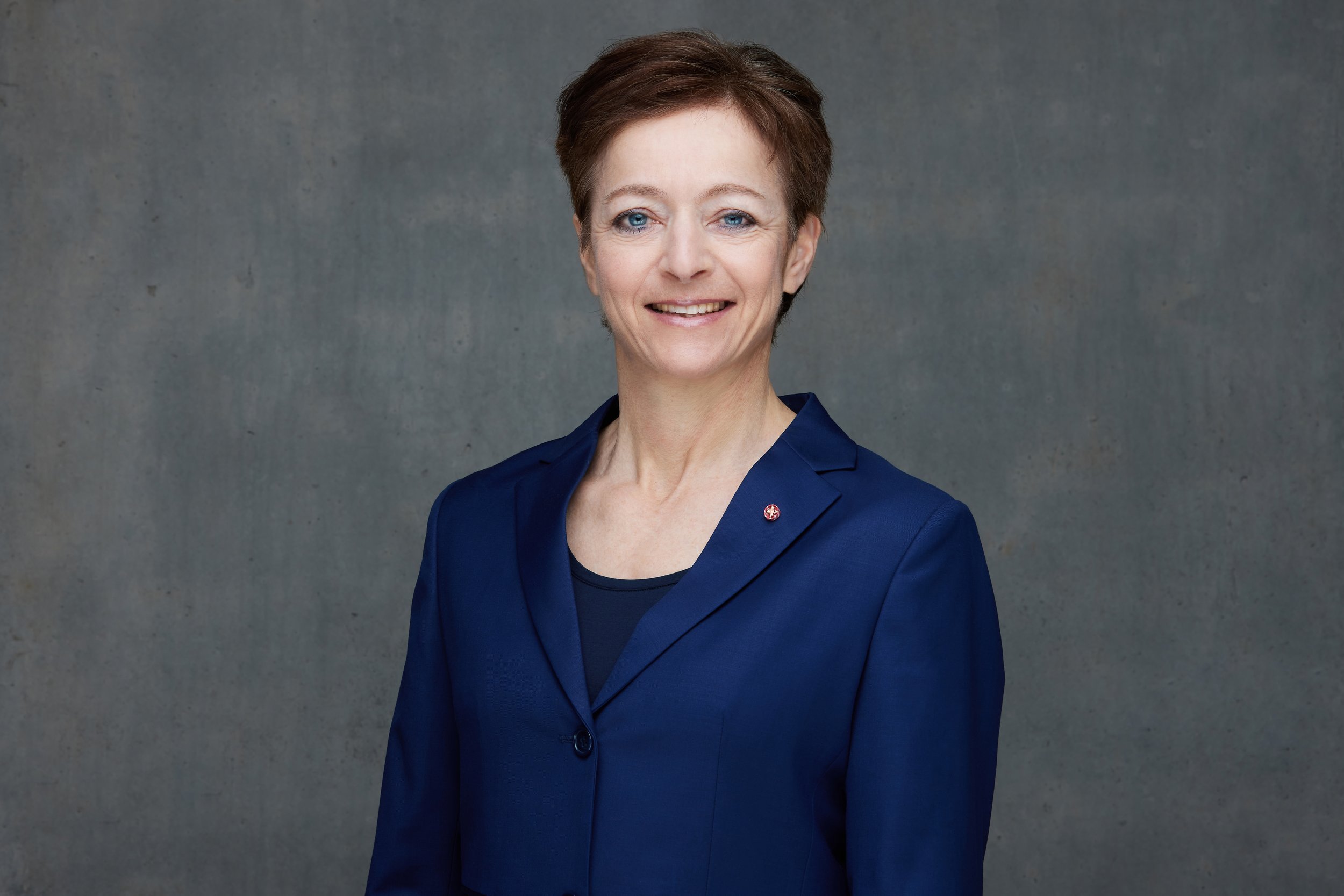Sarah Lewis OBE OLY – “Safeguarding in sport is paramount”
“The paramount task of any sports club, team or federation is to ensure that all participants, not matter what level or age, can practice their sport in a safe environment free from harassment and abuse of any kind.”
To reach the level of becoming an Olympian takes years of dedication from childhood. In my case, I first joined a ski club at 12 years old, just over 10 years before participating in the Calgary 1988 Olympic Winter Games. I can now look back and really understand just how vulnerable I and other youngsters were during this period of our lives.
Recent cases across the world have highlighted that very different sports around the world have been affected, with devastating consequences for the lives of the children, girls and boys and other participants. The reputation of the sports themselves have consequently suffered.
Serious incidents will lead to parents deciding that this Sport, or maybe even sport in general, isn’t safe for their child. There will likely be financial issues for the sport with the loss of funding, withdrawal of sponsors, along with potentially irreparable reputational damage for the club, organisation, federation, and the sport.
Safeguarding in Sport is no longer a nice to have; it’s a fundamental must-have for every sports organisation and critical to ensuring the welfare and protection of athletes, coaches, officials, and all those involved in sport.
Over the past 12 months, at the major sporting events and conferences I have attended and in talking to sports leaders, it has been striking that the effects of the recent safeguarding scandals, fallouts and adverse media coverage for the sport have elevated the importance of safeguarding on their agendas.
Nevertheless, there are still organisations who don’t think that safeguarding is relevant for them, really? I was shocked to hear one CEO state that they don’t need a safeguarding policy as they are ‘educated people’!
Here is a snapshot of best practice measures. This isn’t designed to lecture you, but to ask you to reflect if your sports organisation or company is compliant – safeguarding issues are relevant across all areas of society. The measures required aren’t rocket science, but they require buy-in from the leadership and action.
Developing and implementing safeguarding policies and procedures
Sport organisations need to establish clear policies and procedures for safeguarding, including guidelines for behaviour and conduct, reporting procedures for concerns or allegations of abuse or misconduct, and strategies for managing risk. The policies are not only words on paper but need to be properly implemented. Reactive measures are not enough to deal with incidents when they arise, although these must be part of the process.
Screening and training
All individuals involved in sport must be properly screened and trained to ensure they are qualified and safe to work with athletes. This includes background checks, training on safeguarding policies and procedures, and education on recognising and responding to potential safeguarding issues.
Establishing safe environments
Sport organisations need to adopt a culture that prioritises athlete welfare and safety create safe environments for participants.
Encouraging reporting
Athletes, coaches, and others involved in sport have to feel comfortable reporting any concerns or suspicions they may have regarding safeguarding issues. Sport organisations are obliged to establish clear reporting mechanisms and ensure that individuals making reports are protected from retaliation.
Responding appropriately to concerns or allegations:
Sport organisations need to have a clear and transparent process for responding to concerns or allegations of abuse or misconduct. This may include passing on a case to the authorities, conducting investigations, providing support to affected individuals, and taking appropriate disciplinary action if necessary.
Monitoring and evaluation
Sporting organisations should regularly monitor and evaluate their safeguarding policies and procedures to ensure they are effective and responsive to the needs of athletes and other stakeholders.
Best practice is to assign reporting, investigation and disciplinary measures to an independent authority which is not conflicted by involving officials or staff who may know the complaining or the accused persons, as well as other potential sports political issues relating to the nation/s involved. The idea has been mooted of establishing an independent body to deal with Safeguarding incidents, with investigation and adjudication by specialists who are not part of the sport.
Indeed, several nations have already established an Integrity Unit that is independent of the governance, commercial aspects and staffing of the sport to handle all Integrity matters including Safeguarding.
By following these logical best practices, sporting organisations can help create a safe and happy environment for all those involved in sport. Participants can enjoy participating in sport which is proven to improve their health and welfare, and athletes can perform to their potential.
* * * *
From a personal perspective, I’m supporting Safeguarding activities to try to contribute to efforts to make sport a positive and safe experience for all participants, and that it can serve as an important and enjoyable part of their lives, as it has been for me.
I was part of the IOC Working Group in 2017 which established a Toolkit including policies for the Olympic Movement to use to safeguard athletes from harassment and abuse in sport. Subsequently the IOC launched the IOC International Safeguarding Officer in Sport Certificate in 2021 to educate and certify safeguarding personnel and others working in sport. I contributed to module 2: International Federations and Athletes, alongside other expert contributors delivering other modules covering different aspects of Safeguarding.
Sarah Lewis Global Sports Leader GmbH
Similar to after my active ski career, setting up my consultancy firm is a natural extension of what I do, which is to contribute constructively to a better future using the power of sport to improve society.
Connecting my extensive network, assisting them by improving their services, capacity of their personnel, company and project strategies, governance policies and actions, amongst many other services.
Check out my LinkedIn profile and my website and connect with me.

